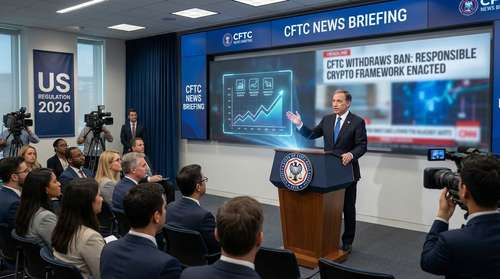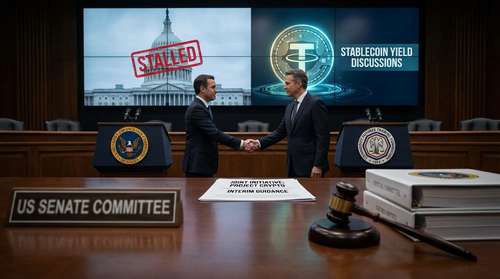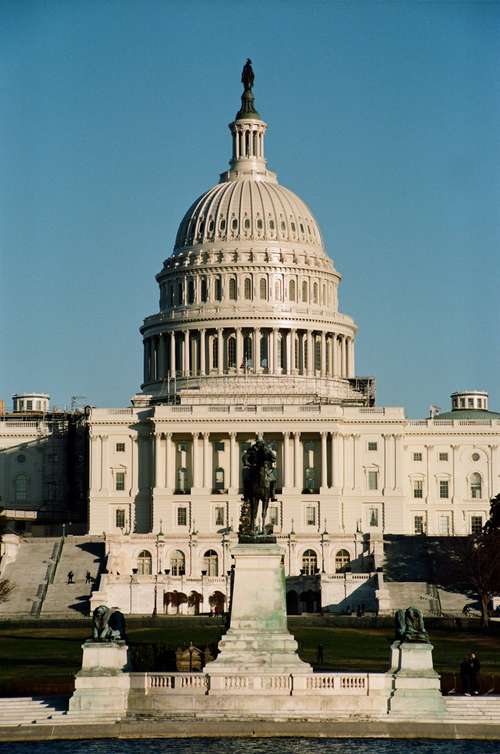SEC Chair Gary Gensler has released a stark warning to Congress in preparation for the House vote on significant crypto legislation. The proposed bill which is backed by a coalition of Republicans and some Democrats, wants to restrict the SEC’s regulatory authority over the crypto market while strengthening the powers of the Commodity Futures Trading Commission (CFTC). The message from Gensler's is clear: this legislative session could potentially expose investors and capital markets to unprecedented risks.
In a published statement, Gensler emphatically talked about the dangers that could be walked into by reducing the SEC’s oversight. In his argument, he stated that the frequency of issues of fraud and bankruptcy was not a matter of regulatory failings but rather the failure of many players in the crypto space to play by the existing rules. "The crypto industry’s record of failures, frauds, and bankruptcies is not because we do not have rules or because the rules are unclear,” Gensler emphasized. “It’s because many players in the crypto industry don’t play by the rules.”
SEC's Potential Crypto Policy Shift
Regardless of Gensler's strong stance on the issue, there are growing signals that the SEC might approve exchange-traded funds (ETFs) with links to ether, the world’s second-largest cryptocurrency after Bitcoin. If this is the case, then it would follow the agency’s approval of Bitcoin ETFs earlier this year, which was a significant step towards integrating crypto assets into mainstream finance. For example, BlackRock’s Bitcoin ETF has already crossed $19.2 billion in assets since its launch in January.
According to Tyler Gellasch, a former SEC attorney, the agency’s potential consideration of ether ETFs is similar to the process that led to the approval of Bitcoin ETFs. “Exchanges typically don’t tweak filings if they aren’t getting some suggestions from agency staff that the effort will be rewarded,” he said.
Congressional Divide
Patrick McHenry, House Financial Services Chair, who is spearheading the crypto bill, is an advocate for a regulatory framework that supports innovation while prioritizing safety. “The agencies need to see that Congress is acting,” McHenry stated. “An Ethereum ETF would be a smart, safe innovation in my view.”
This perspective, however, is not necessarily a universally shared one. Benjamin Schiffrin, who is also a former SEC attorney with the Better Markets advocacy group, shot a warning to the House that easing restrictions on crypto without sufficient investor protections could lead to even broader financial instability.
Industry Reactions
The crypto community has been closely watching the SEC's stance. Coy Garrison, a former counsel to SEC Commissioner Hester Peirce, said he was surprised at the potential approval of ether ETFs. “It would just be out of touch with every other step that the commission has taken toward the crypto industry,” he said.
The House's pending vote and the SEC’s deliberations is just another example of the ongoing tension between regulatory bodies and the evolving crypto market globally. As Congress debates the future of crypto regulation, the SEC's actions will have potential implications for investors and the broader financial ecosystem.




